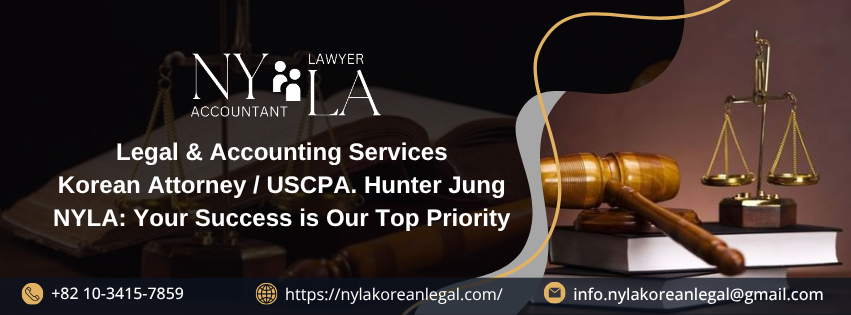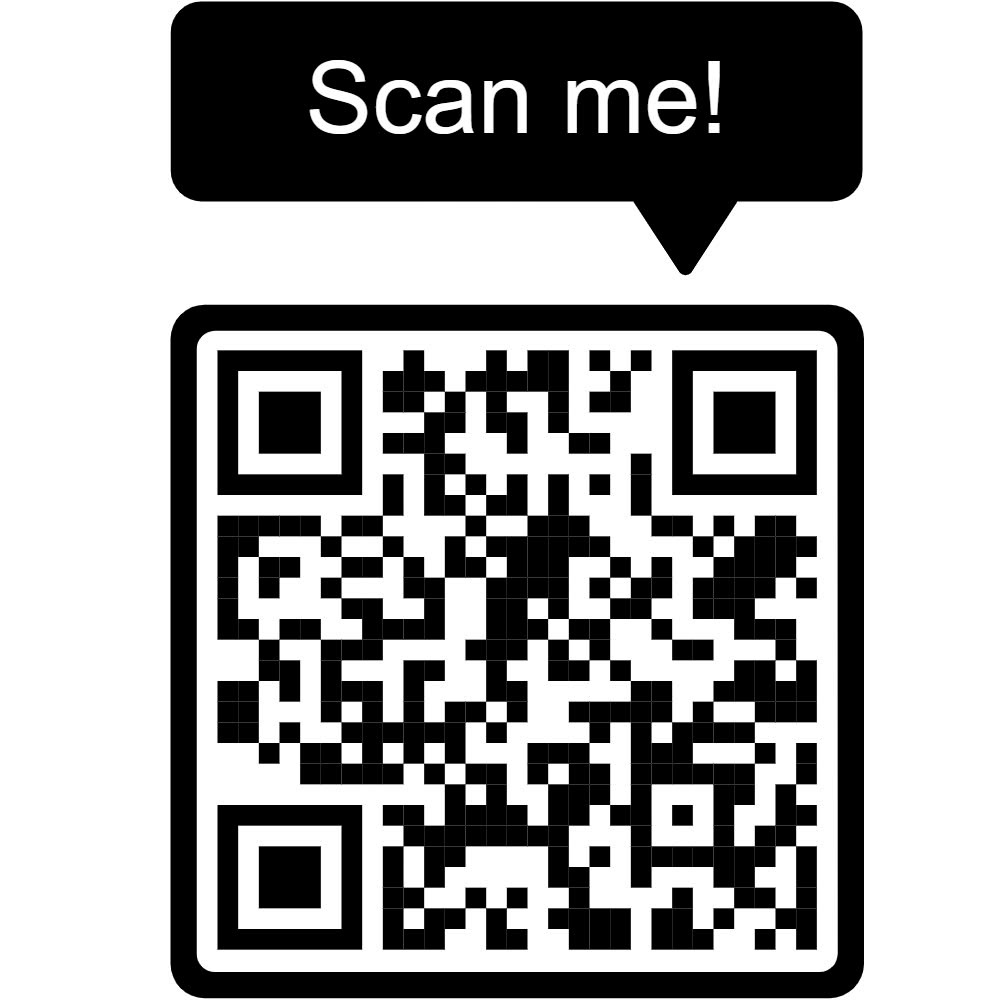In the dynamic landscape of intellectual property law, patent cases in Korea stand as a unique and evolving legal area. With technological innovation surging across industries, understanding the procedural framework of patent litigation in Korea is crucial for inventors, corporations, and legal professionals. This article provides a detailed, SEO-optimized guide to the handling of patent cases in Korea, from the role of the Patent Court to the appeal process and involvement of technical examiners.
Summary
- 1. Overview of Patent Cases in Korea
- 2. Role of the Patent Court in Korea
- 3. Appealing an IPT Decision in Patent Cases in Korea
- 4. Court Procedure and Structure in Korean Patent Cases
- 5. Involvement of Technical Examiners in Patent Cases in Korea
- 6. Strategic Considerations for Foreign Entities
- 7. The Importance of Patent Protection in Korea
- 8. Conclusion
- 9. About NYLA – Korean Legal Office
1. Overview of Patent Cases in Korea
Patent cases in Korea are primarily handled by the Korean Patent Court, which focuses on resolving disputes concerning patents, designs, utility models, and trademarks. The core task of the Court is to review decisions issued by the Intellectual Property Tribunal (IPT) to determine whether those decisions are legally valid.
Typically, patent cases arise when one party challenges a decision by the IPT, such as rejecting a patent application or affirming the validity of an existing patent. The Patent Court in Korea is responsible for ensuring that the IPT’s decisions align with the relevant patent laws.
2. Role of the Patent Court in Korea
The Korean Patent Court plays a central role in adjudicating patent cases in Korea. However, its authority is not unlimited. The Court does not have the power to invalidate a patent or disallow the registration of an invention outright. Instead, it can only annul or uphold decisions made by the IPT.
This means that the Court does not issue new patent rights but rather reviews existing decisions to verify their legality. The limited scope ensures that the Court acts more as a reviewer of administrative decisions than as a primary decision-maker.

3. Appealing an IPT Decision in Patent Cases in Korea
When parties are dissatisfied with the IPT’s decision, they can appeal to the Patent Court of Korea. The timeline is strict: appeals must be filed within 30 days from the date of the IPT’s decision.
There are two major types of cases:
- When the IPT rejects a patent application, the defendant in the lawsuit becomes the Commissioner of the Korean Intellectual Property Office (KIPO).
- When the IPT affirms the scope of patent rights or invalidates a patent registration, the opposing party in the IPT process becomes the defendant.
Understanding these procedural distinctions is vital for effectively navigating patent cases in Korea.
4. Court Procedure and Structure in Korean Patent Cases
Patent litigation in Korea is modeled similarly to civil litigation. Cases at the Patent Court are heard by a panel of three judges, ensuring balanced and fair judgment.
In administrative cases such as these, the Court is permitted to consider ex officio evidence, allowing judges to initiate their own investigations into the facts when necessary. This flexibility helps in thoroughly assessing the technical and legal details of the patent in question.
To ensure procedural fairness, the Court organizes hearings where parties or their legal representatives can present arguments and submit evidence. These hearings are especially critical in complex patent cases in Korea, where the interpretation of technical content plays a pivotal role.
5. Involvement of Technical Examiners in Patent Cases in Korea
One of the unique features of patent cases in Korea is the involvement of technical examiners. These specialists support the judges in understanding complex scientific or technological matters that are central to the case.
Approved by the presiding judge, technical examiners can participate before or during trials. Their role is to interpret technical documents, provide insights on patent drawings, models, or prototypes, and bridge the gap between law and science.
In some cases, the Court may also hold interpretation sessions, inviting independent experts to present:
- Real-world objects or inventions
- Technical drawings
- Video simulations
- Computer graphics
These sessions help clarify disputed technical concepts and make it easier for judges to render informed decisions.
6. Strategic Considerations for Foreign Entities
For international businesses and inventors, navigating patent cases in Korea can be challenging. The legal landscape requires not only an understanding of Korean administrative procedures but also deep familiarity with Korean Intellectual Property Law.
Foreign plaintiffs or defendants should be prepared for:
- Language barriers in legal documentation
- Differences in court culture and procedure
- Limitations on foreign attorneys in Korean courtrooms
Partnering with experienced local counsel is often essential for success in Korean patent litigation.
7. The Importance of Patent Protection in Korea
South Korea is a global leader in innovation, with strong investments in R&D across electronics, biotechnology, and IT. As a result, patent protection is taken seriously, and patent disputes can have high commercial stakes.
Understanding how patent cases in Korea are processed provides companies with strategic advantages, including the ability to:
- Secure and defend valuable IP assets
- Avoid costly infringement lawsuits
- Ensure compliance with Korean legal norms
For any business that relies on innovation, mastering the Korean patent litigation landscape is essential.
8. Conclusion
In summary, patent cases in Korea are governed by a structured and precise legal framework. The Patent Court acts as a critical reviewer of IPT decisions, with a focus on legal correctness rather than reissuing patent rights. From the appeal process to the involvement of technical examiners, every aspect of patent litigation in Korea is designed to ensure fair and informed judgments.
For inventors, corporations, and legal practitioners looking to protect or challenge patents in South Korea, a deep understanding of the process and the right legal strategy is key to success. As innovation continues to flourish, the importance of navigating patent cases in Korea effectively has never been greater.
9. About NYLA – Korean Legal Office

■ NYLA – Your Trusted Legal Partner in Korea
At NYLA, we understand that the success of foreign businesses in Korea requires not only a solid business strategy but also reliable legal support. With a team of experienced Korean attorneys and legal professionals, NYLA provides tailored legal services for companies, investors, and individuals operating or planning to establish a presence in Korea.
We support our clients throughout the entire business journey with comprehensive services, including:
- Legal consultation on company establishment, taxation, and immigration;
- Advice on commercial real estate, franchising, and product distribution;
- Support in human resources, marketing, and business strategy.
In addition to legal advisory, NYLA also represents clients in civil litigation cases related to business, labor, marriage, family, and inheritance to ensure their rights and interests are fully protected.
■ Contact NYLA

If you’re a foreign business or individual looking for a reliable legal partner in Korea, NYLA is here to help. We are committed to delivering effective, practical, and personalized legal solutions for every client.
With a proven track record of assisting hundreds of international clients, our team is equipped to help you navigate complex legal challenges—whether it’s commercial disputes, contract issues, or foreign investment guidance.
Don’t let legal matters hold you back. Let NYLA be your trusted guide in the Korean market.
■ Get in touch with NYLA for expert legal support
| Website: https://nylakoreanlegal.com/
FB: https://www.facebook.com/nyla.koreanlegal Tiktok: https://www.tiktok.com/@nylakoreanlegal Youtube: https://www.youtube.com/@NYLA-xd8qx Email: info.NYLAkoreanlegal@gmail.com SĐT: +82 10-3415-7859 |
 |






















































